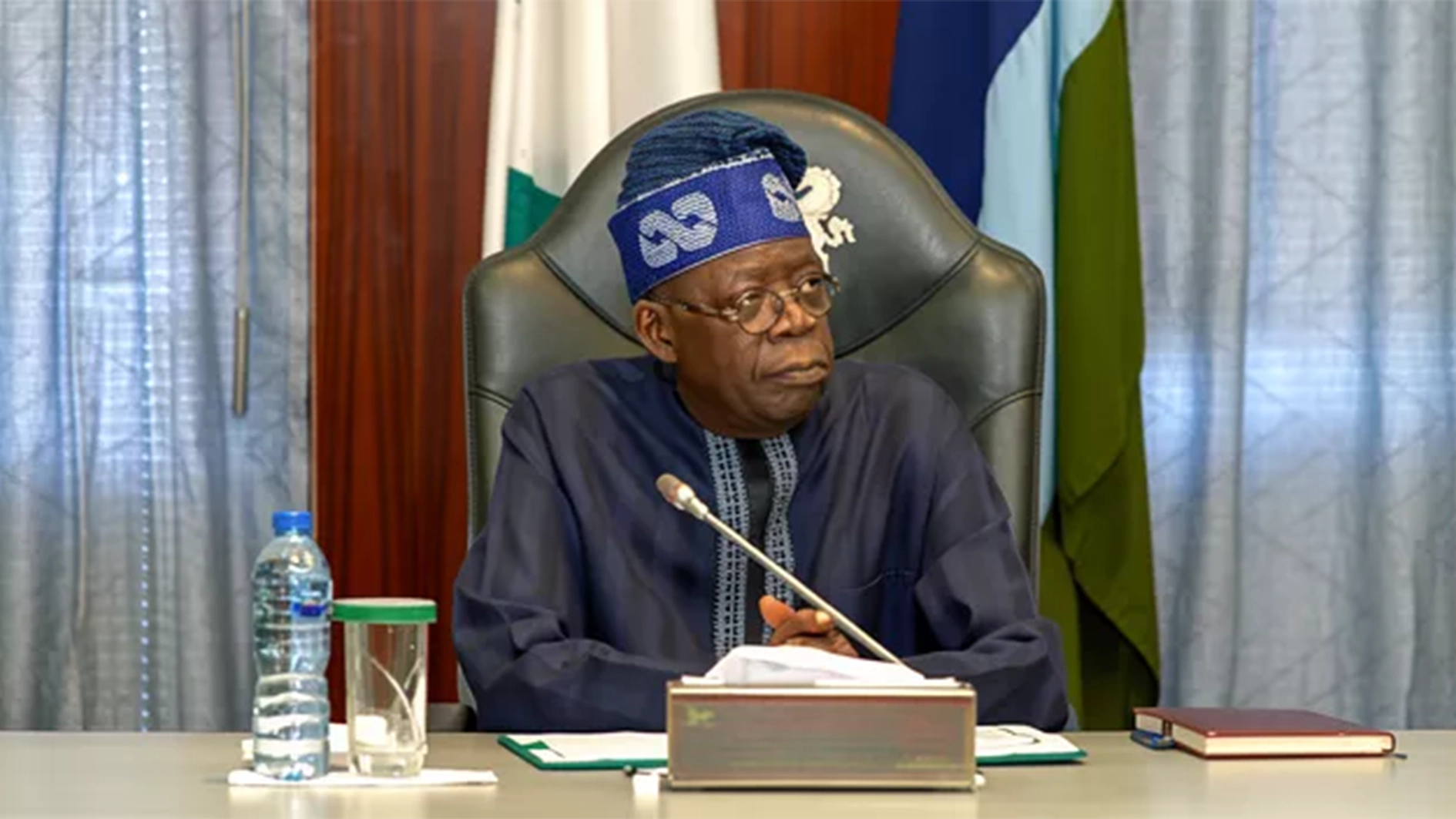As I pen this piece, ARAMCO; the Saudi Arabian Oil Company, has global investments across Asia, Europe, and North America. Yet, it is 100% owned by the Saudi government. This simple fact proves that a publicly owned oil company can still dominate globally, delivering both profit and national benefit.
Similarly, the Nigerian National Petroleum Company Limited (NNPC-L), is now fully owned by the Nigerian government with 50% ownership by the Ministry of Finance and the other 50% by the Ministry of Petroleum Resources Incorporated. This places full responsibility for its performance on the Presidency, which oversees Nigeria’s energy lifeline. This is why the new NNPC-L board, led by Group Chief Executive Officer, Bayo Ojulari, is now in the spotlight.
Some have misinterpreted the Petroleum Industry Act (PIA), by wrongly assuming it handed the nation’s energy sector to private actors. Meanwhile, such thinking is not only academically flawed but dangerously anti-people. No oil-producing nation surrenders a significant portion of its energy assets to private interests. Globally, energy controls geopolitics; taking a closer look at Russia’s strategic dominance through energy supplies in Europe. Handing Nigeria’s energy future to a few self-serving individuals risks national vulnerability and undermines our sovereignty. It would turn the country into a mere importer, sidelining a strategic sector to unregulated private profit.
However, since assuming office, Bayo Ojulari has initiated five transformative reforms that signal a major turnaround for NNPC-L and offer a bold vision for Nigeria’s energy future. This initiative will possibly skyrocket the gains of the company for the national collective and place Nigeria once again in the rightful place as a leading giant in the global oil and gas industry.

First, there is the pro-worker administrative drive which gorges synergies with both NUPENG and PENGASSAN; the two leading Unions in the company. This helps to put the growth and development of the company into the fore as workerist and therefore putting people first.
Two, under Ojulari’s leadership, wastages are being plugged and resources are being redirected into staff welfare and organisational development. This boosts morale, performance, and aligns employee interests with company goals.
As a result of the collective administrative acumen of the Ojulari’s leadership, there is the leap in production by NNPC-L Exploration and Production Limited (NNPC-L E&P). Output has risen from 250,000 barrels per day to 330,000 barrels; a remarkable 80,000 barrel increase, exceeding the previous benchmark of 300,000. This is clear evidence of performance-driven reforms.
The fourth stride of the Ojulari’s new leadership is optimising the contracting process as only business-driven and not politically-dictated. Ojulari’s reform is removing political interference and refocusing on business principles. Previously, the NNPC was a playground for political patronage and elite interests. With this change, vested interests are clearly rattled, hence their pushback which has led to various sponsored attacks aimed at putting Ojulari and the new board before the guillotine.
Finally, the new leadership is emphasising transparency and accountability by digitalising NNPC-L operations. And, this shift to global best practices is a long-awaited step to rebuild the NNPC-L into a truly efficient, modern national oil company.
So, why is this turning point sparking resistance?
The answer is simple: some people thrive on the failure of public institutions and want to see President Tinubu’s administration fail. These forces are uncomfortable with a working, transparent NNPC-L. For decades, they have hoarded the benefits of Nigeria’s oil sector while ordinary Nigerians suffer. They don’t want that to change and, they will go at any length in ensuring that such effort at change is frustrated.
Globally, Nigeria is among the few oil-producing countries still grappling with underdevelopment. The same individuals seeking the removal of Bayo Ojulari and his board are those who benefitted from the inefficiencies of the past. They want the NNPC-L to revert to a cash cow for personal gains while the nation continues to decay.
We must ask: if we are truly committed to building a new Nigeria where the energy sector serves the national interest, why should anyone fear reforms that promote efficiency, transparency, and inclusiveness?
Those calling for Ojulari’s sack do not fear incompetence; they fear competence. They fear that a functioning, people-first NNPC-L will close the taps that feed their private empires.
A Nigeria that works, especially in the oil and gas sector, threatens their influence. That is the real fear behind their opposition. But the country must not yield to blackmail or manipulation.
Now is the time to support reforms that benefit the majority, not the privileged few. If the current trajectory sponsored by Ojulari continues, NNPC-L can become Africa’s ARAMCO; an engine of national wealth and a model of public sector success.
Let no one be afraid of a new, people-first NNPC-L. It just might be the game-changer Nigeria needs.
Kazeem Olalekan Israel writes from Ibadan, Nigeria






